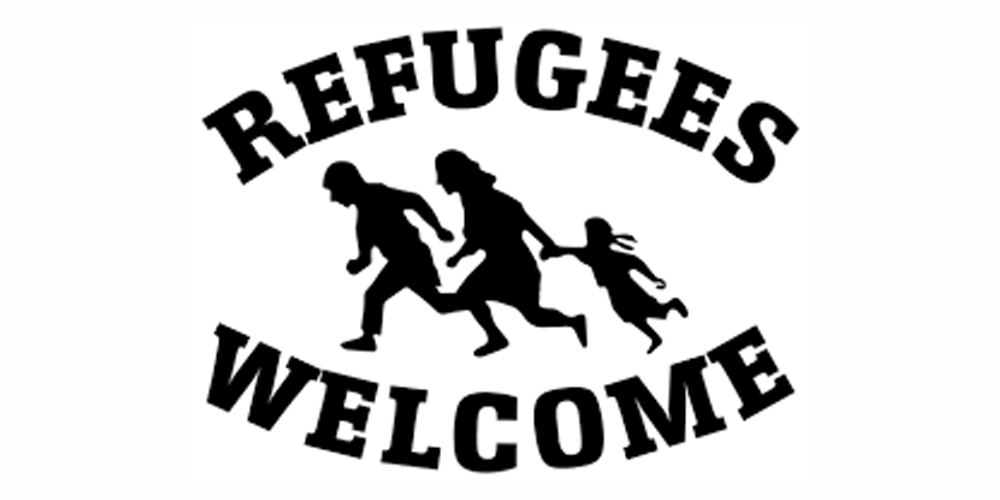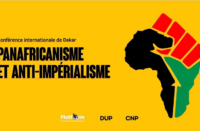Migration has become an issue in Irish politics, although the extent to which it influences voting preference is moot. Much of the discourse around migration consists of liberals condemning working class communities for questioning the effects of migration on their communities, the racist right blaming migrants for the social and economic consequences of capitalism, and the government parties presenting themselves as the safe, sensible centre.
How should the left approach the issue of migration? Liberals and some on the left view migration as a human rights issue. However, a human rights perspective alone is inadequate. We must look at the issue from a class perspective. Under capitalism, everything, including housing and labour, is a commodity. Landlords make their profit from rents. Increased competition for housing increases rents. Industrial capital makes its profit by appropriating the surplus value created by workers. What is surplus value? It is the difference between the wages workers receive and the wealth they create over a given period. Capitalism can only increase the rate of profit by increasing worker productivity or reducing the price of labour. Competition between workers can suppress wage levels and migration, by increasing or decreasing the supply of labour, can contribute to this. The “free movement of labour” is a fundamental aspect of the EU, not as a concession to workers, but to ensure that a reserve army of labour exists to keep the price of labour “competitive”.
In The Condition of the Working Class in England (1845), Engels noted that Irish migration to Manchester resulted in reduced living standards for English workers. The Irish migrants were prepared to work for less than British workers which resulted in a reduction of wages for all. They also paid higher rents for inferior accommodation, driving up rents. Irish migration benefitted both the landlord and the industrial sections of the British bourgeoisie and the competition for work and housing meant that British and Irish workers blamed each other and not capitalism for their situation.
At present in the 26 Counties, the unemployment rate is 4.3% (“full employment” under capitalism) and wages are rising for unionised workers. Workers can and do unite across racial lines when fighting for rights and wage increases. However, migrant labour can be found in the most insecure and low-paid sectors of the economy, areas which are difficult to unionise.
Whatever pressure organised workers can exert to maintain and increase wage levels, when it comes to access to housing, health and education for their children, they are very much at the mercy of the market because of successive government and EU policy. Competition for work, rented accommodation, access to health services as well as schools, creches, etc is more acute at the bottom of society, and under capitalism the working class, both Irish-born and migrant, are at the bottom. Working class communities have long been abandoned by the Irish political class and many see no way to influence a political system that does not work in their interests. The far-right is gaining ground by tapping into their anger over lack of public services. However, their role is to protect the system by diverting attention away from capitalism and towards migrants and left-wing political activists.
How can the left combat the influence of the far right? We must oppose racism. However, dismissing any questioning of the effects of migration on disempowered working class communities as reactionary and racist can be interpreted as liberals trying to silence working class voices. The CPI’s Transformative Strategy offers a way forward, by focusing on the root cause of the problems experienced by working class communities – i.e. capitalism – and offering class-based solutions. Campaigning together for housing, health, education, etc can build unity and a rejection of the far right. In short, it’s about building working class consciousness.
It will not be easy, it will be a hard slog of un-glamorous political work, raising issues within our communities, our jobs, our unions, clubs, etc. But by putting our trust in Marxism-Leninism and the working class, both Irish-born and migrant, it can be done.






